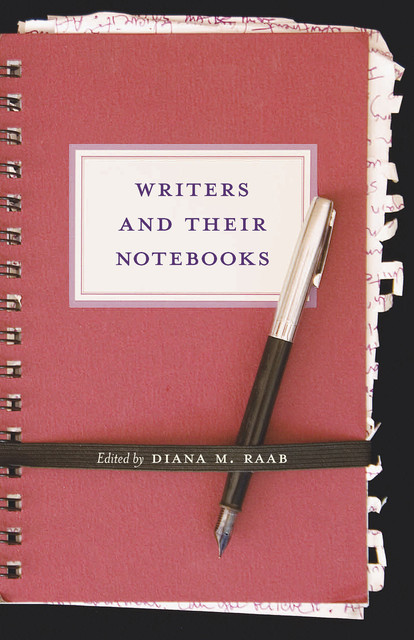Writers and Their Notebooks
- Om
- Citater8
- Læsere3
- Lignende bøger
271 trykte sider
- Oprindeligt udgivet
- 2018
- Udgivelsesår
- 2018
Citater
- roey maliach-reshefhar citeretfor 6 år sidenBaker, Nicholson. U and I: A True Story. New York: Random House, 1991.
Didion, Joan. “On Keeping a Notebook,” in Slouching toward Bethlehem. New York: Farrar, Straus & Giroux, 1968.
Dunlap, Louise. Undoing the Silence: Six Tools for Social Change Writing. Oakland: New Village Press, 2007.
Elbow, Peter. Writing with Power. New York: Oxford University Press, 1998.
Goldberg, Natalie. Writing Down the Bones. Boston: Shambala, 1996.
Junker, Howard, ed. - roey maliach-reshefhar citeretfor 6 år sidenFor me, the trick works; the words that pour onto my journal’s pages seem as separate from me as water from air. I didn’t become a regular journal keeper, nor a writer, until I was taught the technique of free-writing. From the time I was eight years old until I turned twentyeight, my journaling followed more or less the same pattern. I would keep a journal for a few weeks or months, then set it aside. When I returned to it, my words embarrassed me so much that I would bury them deep in the detritus of my closet, or shred them into silent confetti. Then, in a workshop I took on a whim, a teacher introduced me to the concept of automatic writing. I no longer felt that I had to take responsibility for whatever spilled onto the page. My not-quite-conscious mind seemed a person distinct from the self I knew.
- roey maliach-reshefhar citeretfor 6 år sidenThe purpose of this journal is to record parts of my life I might otherwise forget
fb2epub
Træk og slip dine filer
(ikke mere end 5 ad gangen)


